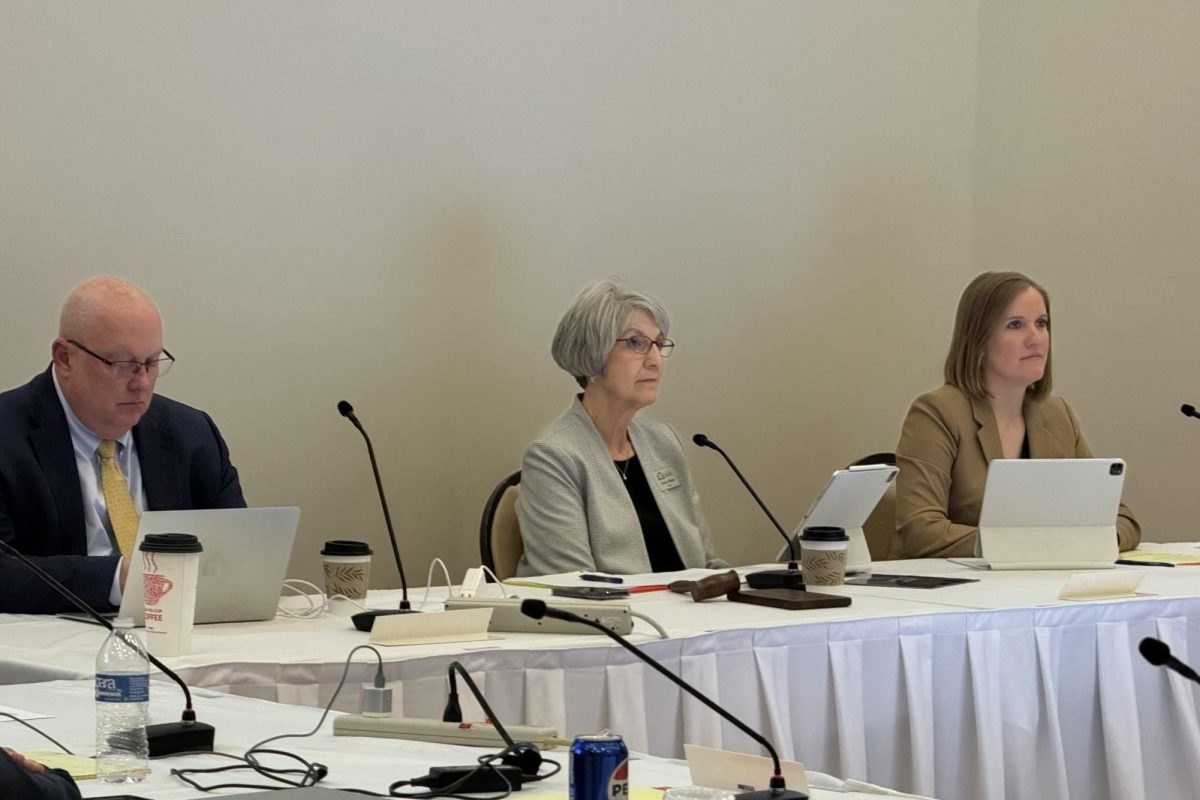Desai: International laws would give more safety, health
October 13, 2011
In 2010 alone, the world spent $1.62 trillion on armed forces, according to Stockholm International Peace Research Institute, a top global think tank.
There needs to be trust among nations and cooperation to focus on uprooting problems no one wants. Forming a central government that serves all nations not only can enforce regulations the large majority can agree on, but also can direct the flow of resources so that the most development can be made with the resources that is going into militia as of now. Instead of having a military, it would serve us better to have global law enforcement.
U.S. Department of Defense’s budget for fiscal year 2011 is $548.9 billion, whereas that of U.S. Department of Justice is $29.2 billion.
A city is better as a part of a state because a state government has a larger pool of ideas to choose from that are refined by feedback from more people. It also fosters acceptance and love for people of a larger spectrum of cliques, beliefs or traditions. The same formula applies to countries.
Currently there are 112 countries that have a form of republic government, including the United States, 51 with a form of democracy, 5 communist countries and 23 monarchies, according to “The World Factbook” by the CIA.
Just as states retain some sovereignty, so can countries under a central government which would oversee regulations the majority of the global population want such as providing protection and education to children for a brighter future. Also, with national economies affecting each other, it makes sense for there to be an overarching leadership that helps accelerate the worldwide economy.
Officials from around the world can come together and make a constitution, with which a large majority would be satisfied, which can be found out with votes and surveys from individuals. Having competitions for the best ideas for a constitution, which can also be voted on by everyone, would also encourage good ideas to emerge.
Instead of tossing resources, such as money, time and labor of army personnel, into violence and creating a hazard for citizens, politicians and officials can talk things through and come to resolutions, kind of like parents or teachers. Government should seek to protect public safety, health and welfare of all people.
One way to end mass destruction is by having common safety laws, which can be regulated by one government. Increasing transparency of government and places such as scientific research facilities can help ensure security of citizens.
It’s not us versus other countries, it’s us versus destructive organizations such as the al-Qaida and Lord’s Resistance Army (a religious military unit from Uganda and Southern Sudan), mismanagement that crumbles the economy, outdated rules that can be overcome by debating and coming up with better ideas, acts of hate, drug addiction, ignorance and illiteracy.
Once upon a time, a government run by the masses would have been a notion not thought possible, but here we are with an organized system that most people favor and keeps flourishing. Let’s work toward a better future.
Check out the online poll: “How long do you think it will take to have a united world government?” to vote and find out what people are estimating.
















